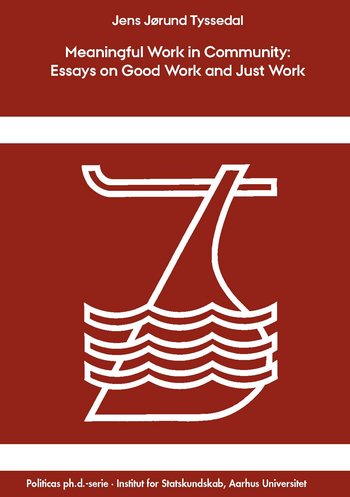Jens Jørund Tyssedal
Meaningful Work in Community: Essays on Good Work and Just Work

Adult life in modern society is characterized to a large extent by work. When things go well, work gives individuals opportunities for self-realization, accomplishment, and belonging while they make a social contribution. However, a lot of work is burdensome and nevertheless has to be done, whether we like to or not. This dissertation studies what a theory of distributive justice should say about the distribution of labour burdens and goods of work. More specifically, it studies whether work should be regulated by principles of distributive justice, and how work should be approached as an object of distributive justice. This is done by examining and assessing certain important approaches and objections to work as an object of distributive justice found in the existing political theory literature on this topic, including classic issues raised by authors in the socialist tradition, G.A. Cohen’s critique of Rawls and reactions to it, and more recent liberal egalitarian scholarship on justice and the distribution of work. The dissertation studies freedom of occupational choice as an objection to a theory of distributive justice for work, justice in the distribution of free time, the concept of meaningful work, and what it takes for work to be good. Overall, the dissertation supports the conclusion that the best life is not a life without work, as classical visions such as that of the Garden suggest, but rather a life with meaningful work carried out in a spirit of community, and with labour burdens and goods of work shared fairly.
![]() Ophavsretten tilhører Politica. Materialet må ikke bruges eller distribueres i kommercielt øjemed.
Ophavsretten tilhører Politica. Materialet må ikke bruges eller distribueres i kommercielt øjemed.